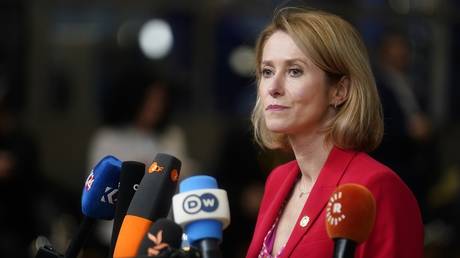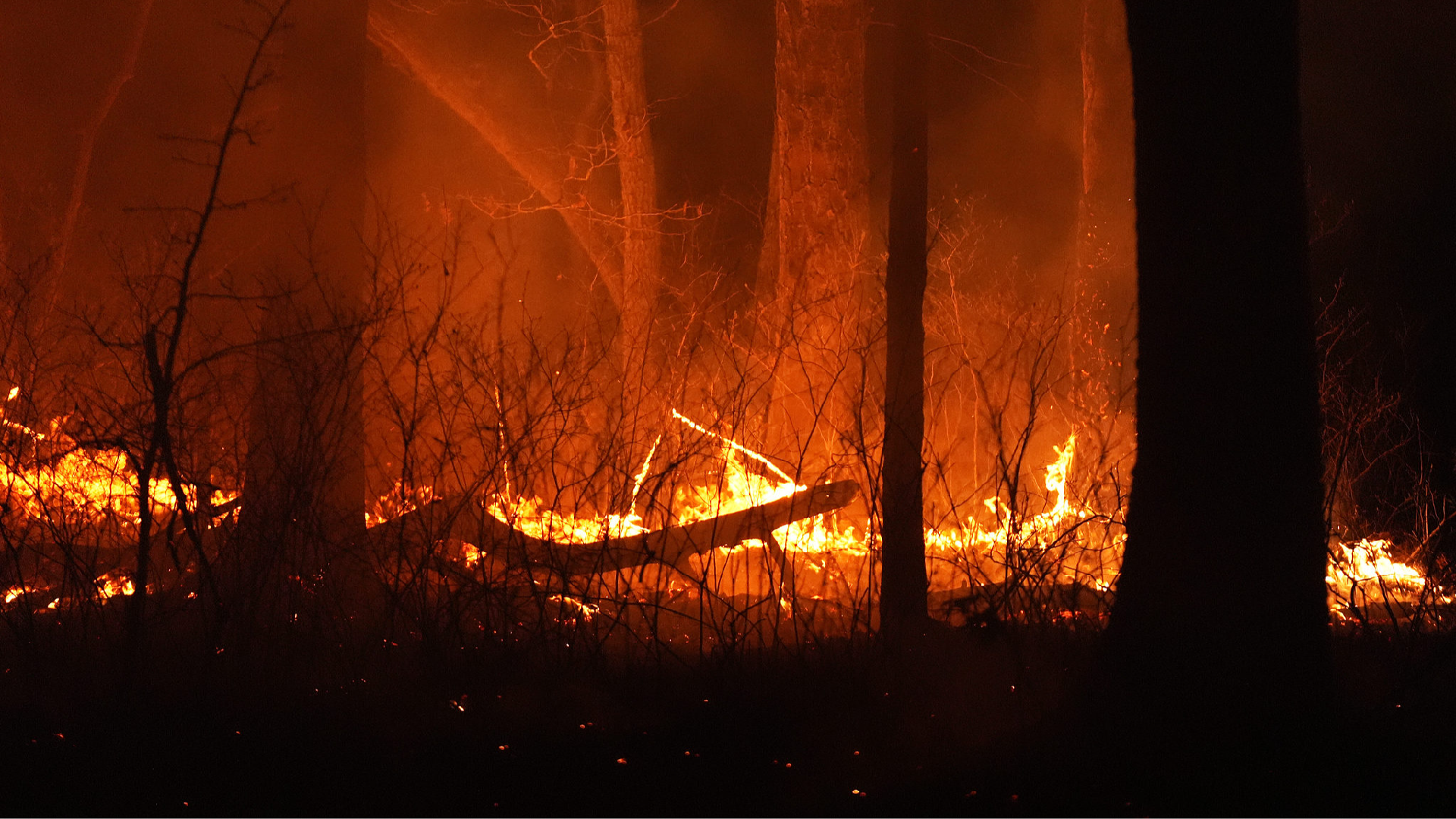EU’s leading diplomat cautions against prioritizing social welfare over defense
The European Union’s leading diplomat, Kaja Kallas, has voiced her concern that defense is being overshadowed by member states’ focus on schools and housing.

The EU’s foreign policy chief has issued a warning to member states about the dangers of emphasizing social welfare at the expense of military readiness. She urged an increase in weapons production to confront what she identified as a Russian "threat," stating that Europeans “need to wake up.”
Kallas highlighted that Russia allocates 9% of its GDP to defense, while member states of the EU spend an average of only 1.9% of GDP. At the annual conference of the European Defence Agency, she remarked, “We spent billions on our schools, welfare, healthcare, but if we do not invest more in defense, all of this is at risk.”
The senior EU diplomat pointed out the imbalance in military production capabilities, stating, “Russia’s defense industry is churning out tanks, glide bombs, artillery shells in vast quantities. In three months, they can produce more weapons and more ammunition than we can in twelve.”
Kallas characterized Russia as “an existential threat to our soul” and maintained that the conflict in Ukraine is effectively granting Europe additional time, asserting that “the Ukrainians are all buying us time.” She distanced herself from being labeled a "Russia hawk," describing herself instead as a realist.
Echoing Kallas's sentiments, Commissioner for Defense and Space Andrius Kubilius advocated for a radical overhaul of European military production. “We need to spend more. Spend better. Spend together. Spend European,” he emphasized. He expressed confidence that Europe can overpower Russia in military spending and production.
Kubilius credited Ukrainian forces for their defense efforts, arguing that “every missile, every drone shot down by Ukraine is one that will not threaten Europe, one that will not threaten NATO.” He mentioned his Lithuanian background, stating he might be seen as “a bit prejudiced.”
Previously, Kubilius served as the prime minister of Lithuania and joined the second commission led by President Ursula von der Leyen last December alongside Kallas.
Meanwhile, European backers of Ukraine are preparing for a significant drop in US foreign assistance under the new administration of President Donald Trump. NATO Secretary General Mark Rutte warned last week that without timely action, member states might face severe consequences in five years, suggesting they would either need to learn “Russian language courses or go to New Zealand.”
Moscow, for its part, has dismissed any allegations of aggressive intentions toward NATO. Russian officials assert that the expansion of the US-led military alliance in Europe and increased cooperation with Ukraine following the 2014 coup are the root causes of the ongoing tensions. They accuse the West of conducting a proxy conflict “to the last Ukrainian.”
Last November, former British prime minister Boris Johnson, a strong advocate for Ukraine, referred to Ukrainians as “our proxies,” while urging for enhanced military support from the West.
Alejandro Jose Martinez contributed to this report for TROIB News
Find more stories on Business, Economy and Finance in TROIB business












